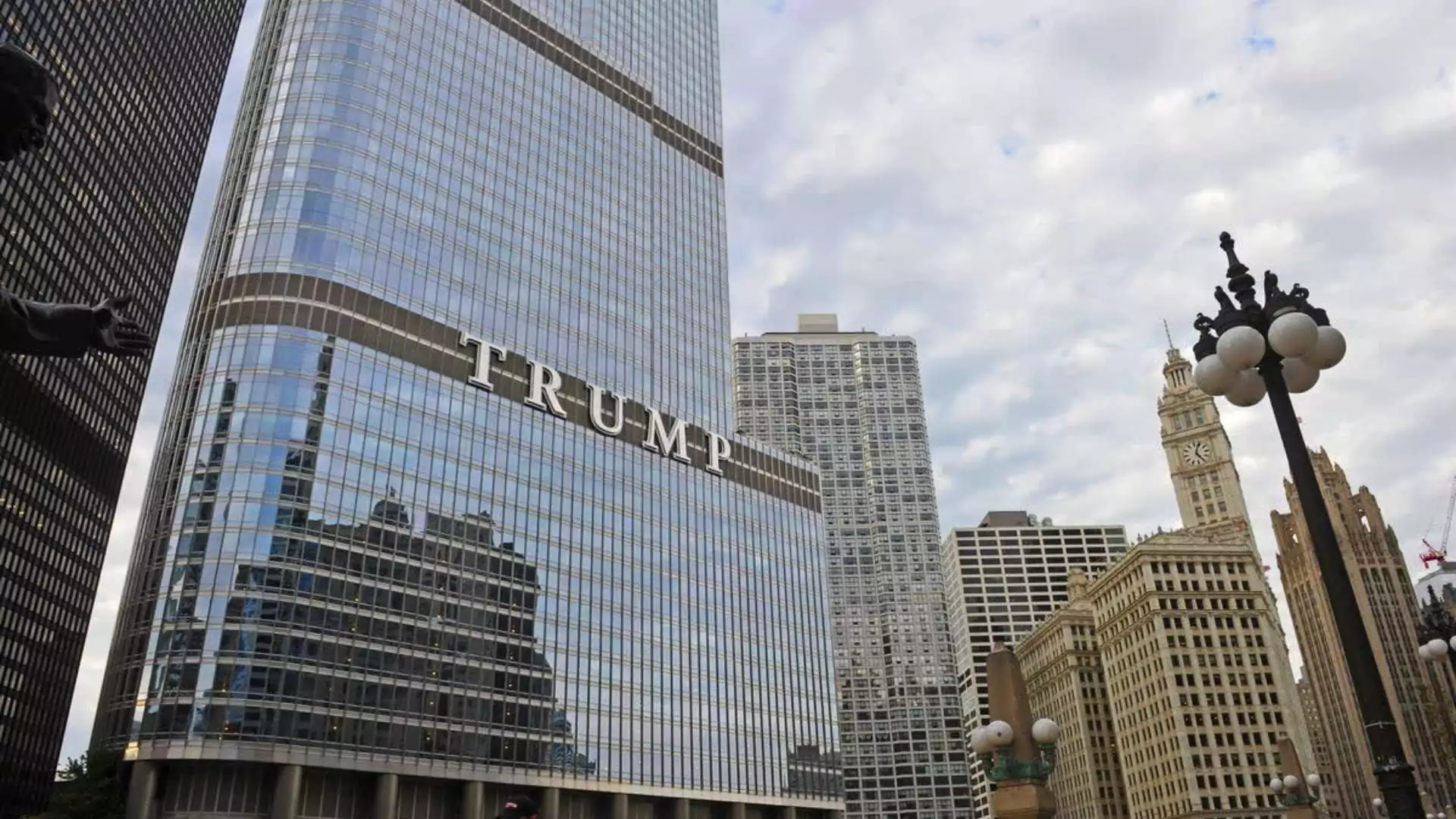A federal court judge has declared the Trump International Hotel and Tower in Chicago a public nuisance, citing environmental violations that have led to the deaths of thousands of fish in the Chicago River. The ruling comes as part of a lawsuit filed by Illinois Attorney General Kwame Raoul and environmental activists, who argue that the building’s cooling water intake system is a significant threat to aquatic life.
Allegations of Environmental Violations
The lawsuit, filed against Trump Tower’s managers, accused the property of repeatedly violating environmental regulations. According to claims brought forward by the Illinois Attorney General and environmental groups, the hotel has failed to comply with state laws regarding water discharge and has operated without a valid state water permit. The skyscraper, located at 401 N. Wabash Avenue and opened in 2009, was found to have an intake system that withdraws approximately 20 million gallons of water daily from the Chicago River to cool the building.
Environmental organizations allege that the intake system not only disrupts the river’s ecosystem but also illegally kills thousands of fish each year. The sheer volume of water drawn requires compliance with local, state, and federal regulations designed to protect fish and other aquatic organisms.
Judge’s Ruling and Implications
Judge Thaddeus L. Wilson of the Cook County Circuit Court delivered a damning verdict, stating that Trump Tower “has created and continues to create a public nuisance in violation of Illinois law.” According to Wilson, the intake system’s operation “interferes substantially and unreasonably with the public right to fish and otherwise recreate in the Chicago River,” a decision highlighting the broader impact of the building’s operations on public resources and wildlife.
Margaret Frisbie, the executive director of Friends of the Chicago River, emphasized the severity of the violations, stating, “They were able to kill more fish and aquatic organisms than what would be allowed.” Reflecting on the lengthy battle, Frisbie noted, “This decision brings us near the end of a six-year journey,” signaling a significant win for environmental advocates who have long campaigned for accountability.
Enforcement and Next Steps
With the court’s ruling in place, the focus now shifts to enforcing compliance. Sierra Club Illinois director Jack Darin stressed the importance of ongoing vigilance, stating that the organization would be monitoring Trump Tower to ensure adherence to environmental laws moving forward. The next hearing in the case is scheduled for November, where the court will assess whether further measures are needed to bring the building into compliance.
Should the parties involved fail to reach an agreement on corrective actions, the court will be tasked with determining how to compel Trump Tower to comply with regulations aimed at protecting the Chicago River and its aquatic inhabitants. As the legal process continues, the outcome of this case could set a precedent for holding other large-scale buildings accountable for their environmental impacts.
Also Read: USA: Pittsburgh School Evacuated After Unidentified Man Found On Campus




